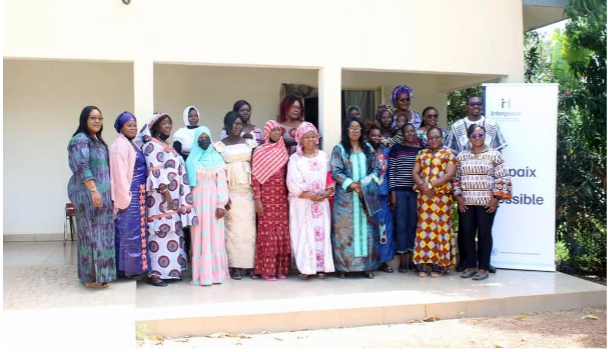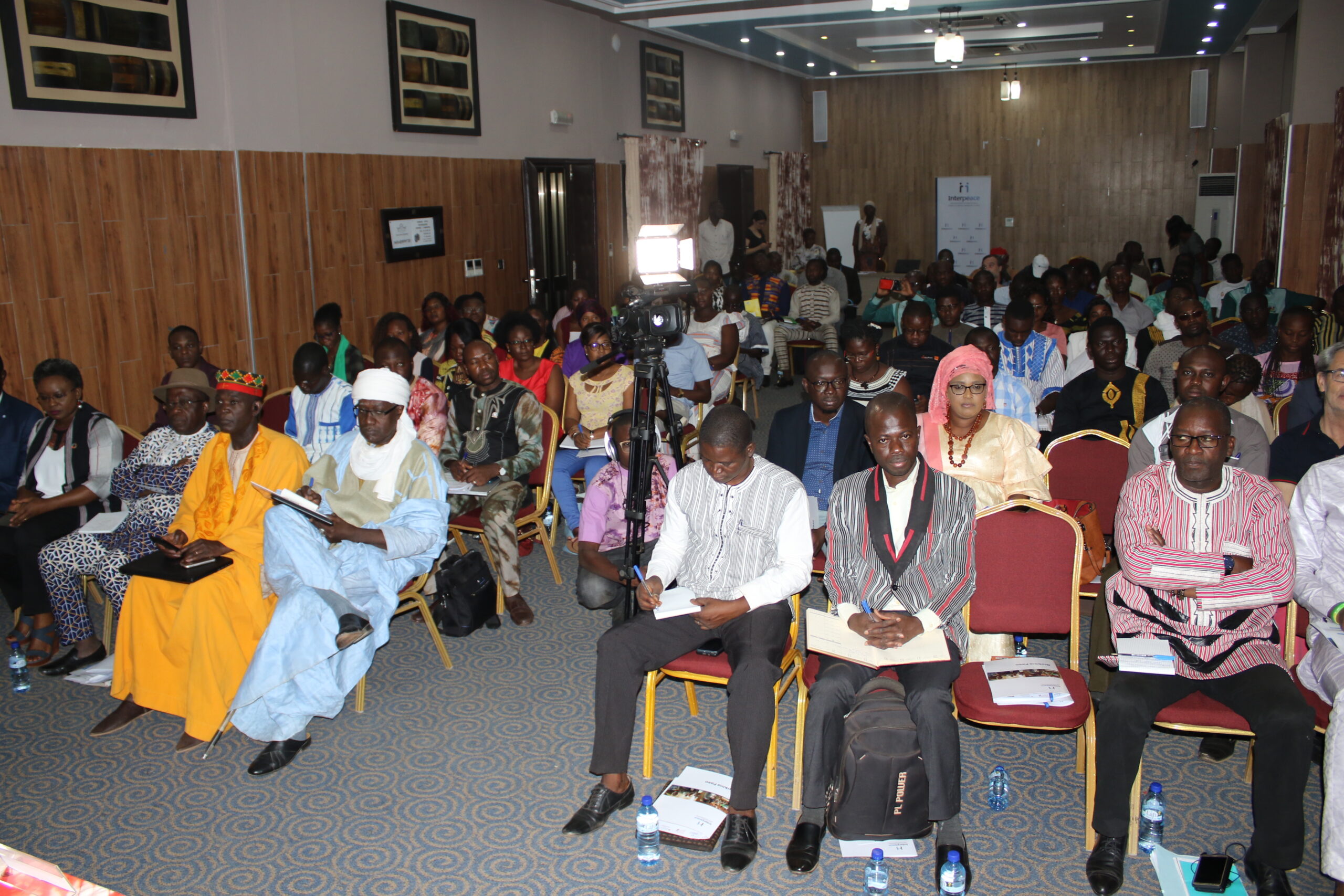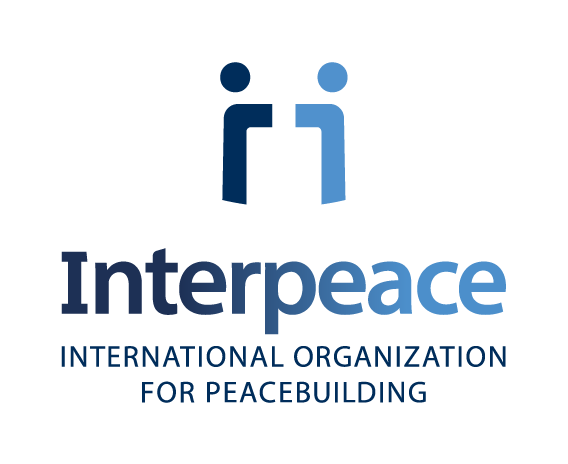A role for women in peaceful conflict resolution and negotiation in Burkina Faso


A role for women in peaceful conflict resolution and negotiation in Burkina Faso
Since 2015, Burkina Faso has faced a multidimensional security, social and humanitarian crisis that has undermined national unity and stability. This situation not only complicates women's achievement of equity, but highlights the non-involvement of women in peacebuilding and reconciliation processes.
In the words of Rasmata Derra, project manager for Interpeace in Burkina Faso: "Although the legal environment is favourable to women's participation at all levels of society, the reality is quite different. They are still 'left behind' and the positions they manage to occupy don’t allow them to take important decisions.”
As part of its efforts to address security challenges across the country through conflict prevention and improved security governance, Interpeace piloted an initiative to involve women and youth more in security management. It created peace circles (the first of their kind in the country) to strengthen the role of women in mediation. Implemented in collaboration with Wildaf-Mali, the initiative has trained 24 women community leaders from the 12 communes the project covers.

Peace circles offer a holistic approach to transforming conflicts at individual, family and community level. The project has strengthened social cohesion by giving women confidence as well as a role in building peace and improving security governance in their localities. Interpeace has found that this approach has helped to transform inter and intra-community conflicts in the communes, and supports Interpeace’s commitment to put communities at the heart of its efforts to establish peace.
Sawadogo Saoudata is one of the participants of the initiative and president of a women's network for tolerance and peace in Burkina Faso. The peace circle she set up included fifty internally displaced women and fifty women from the host community and carried out income-generating activities that defrayed household expenses.
According to Ms. Sawadogo, bringing displaced women together with women from the host community reduced latent tensions and improved living conditions. She noted that peace circles have helped her to understand the value of conflict sensitivity and peace responsiveness in her work.

